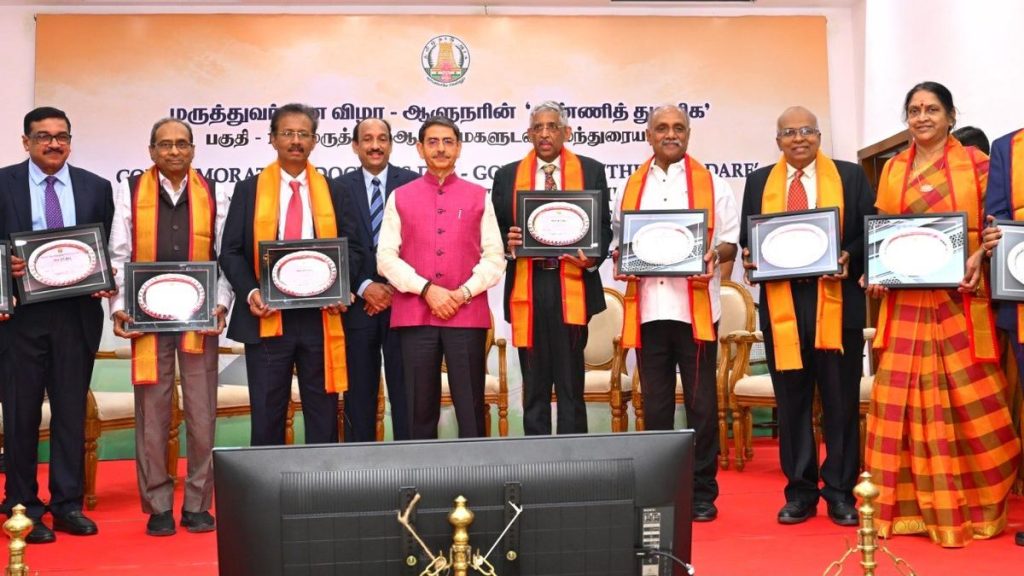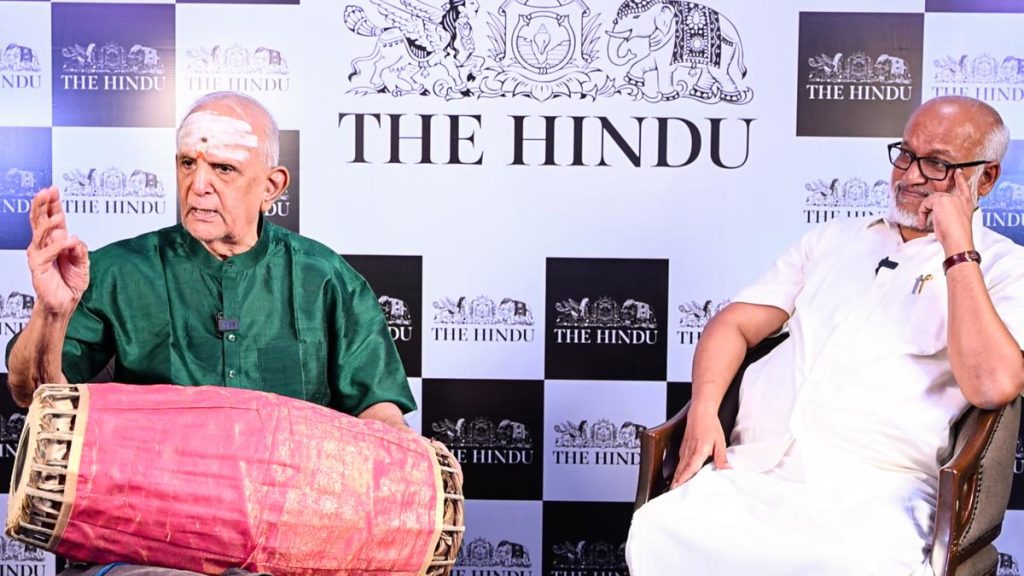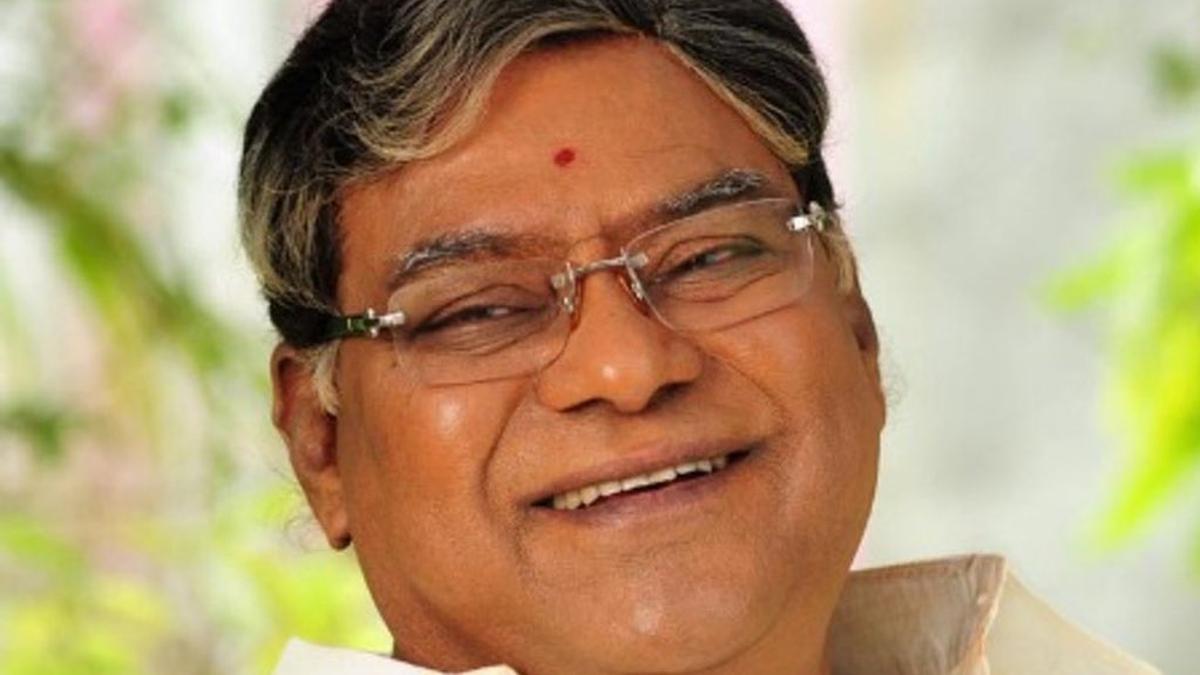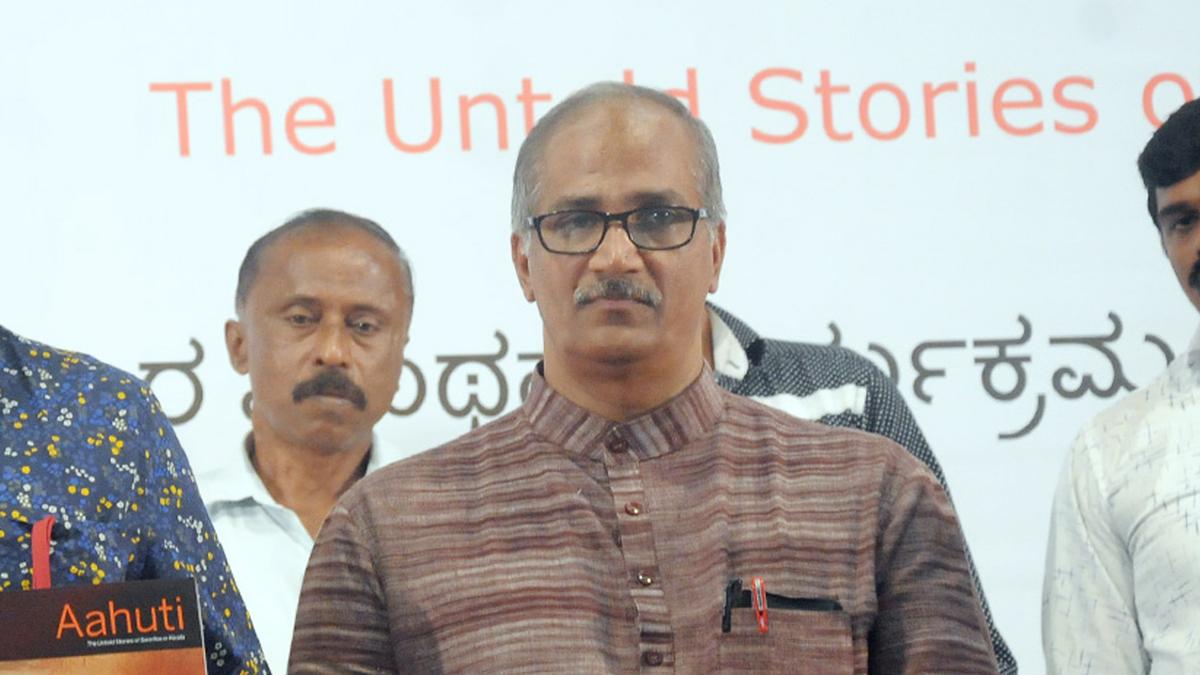Now Reading: J&K Leaders Allegedly Detained on 1931 Martyrs’ Day Anniversary in Srinagar
-
01
J&K Leaders Allegedly Detained on 1931 Martyrs’ Day Anniversary in Srinagar
J&K Leaders Allegedly Detained on 1931 Martyrs’ Day Anniversary in Srinagar
Speedy Summary
- On July 13, 2025, authorities in Jammu and Kashmir (J&K) detained leaders of several regional parties to prevent them from visiting the graveyard of 22 civilians who died in the 1931 uprising against the dogra monarchy.
- Security forces barricaded Naqshband sahib shrine in Srinagar where the martyrs are buried, with roads leading to it blocked since Sunday morning.
- Requests for permission by political parties were rejected by authorities, including applications from ruling National Conference (NC). Homes of senior leaders were locked externally.
- NC MLA Salman Sagar accused police of misbehavior and said party members were detained at their headquarters. Scores of NC officials, including provincial president Showkat mir and Chief Minister’s Adviser Nasir Aslam Wani, faced detention or house arrest.
- J&K Chief Minister Omar Abdullah criticized the measures as “blatantly undemocratic,” likening July 13’s importance to “Jallianwala Bagh” while expressing frustration at ancient revisionism regarding Kashmir’s martyrs post-2019.
- Opposition leaders Mehbooba Mufti (PDP), Altaf Bukhari (JKAP), and Sajad Lone (JKPC) also reported being detained or restricted from accessing Mazar-e-Shuhada for commemorative homage.
- July 13 commemorates protests against Dogra rule that led to J&K’s first-ever elections; it was previously observed as ‘Martyrs Day’ but dropped after Article 370’s abrogation in 2019.
Photo captions: Images depict barricades erected across Srinagar city by police and security forces preventing access to martyrs Graveyard.
Indian Opinion Analysis
The restrictions imposed on regional political leaders seeking tribute to historic martyrs highlight deepening tensions surrounding collective memory politics in Jammu & Kashmir post-abrogation of Article 370. Authorities’ stringent measures suggest growing discomfort with visibility around certain narratives tied to Kashmiri identity-a challenge emblematic amidst larger nation-building frameworks.
While official arguments may center on law-and-order priorities, prolonged dissent over erasing public recognition shifts focus toward governance methods marked by exclusion over dialog-a perceived paradox when calls for integration aim at bridging divides (“distance of hearts”). Leaders’ appeals for peaceful remembrance underscore enduring grassroots efforts resisting erasure despite systemic barriers enforced through detentions or public access denial policies.
For read more: Link























